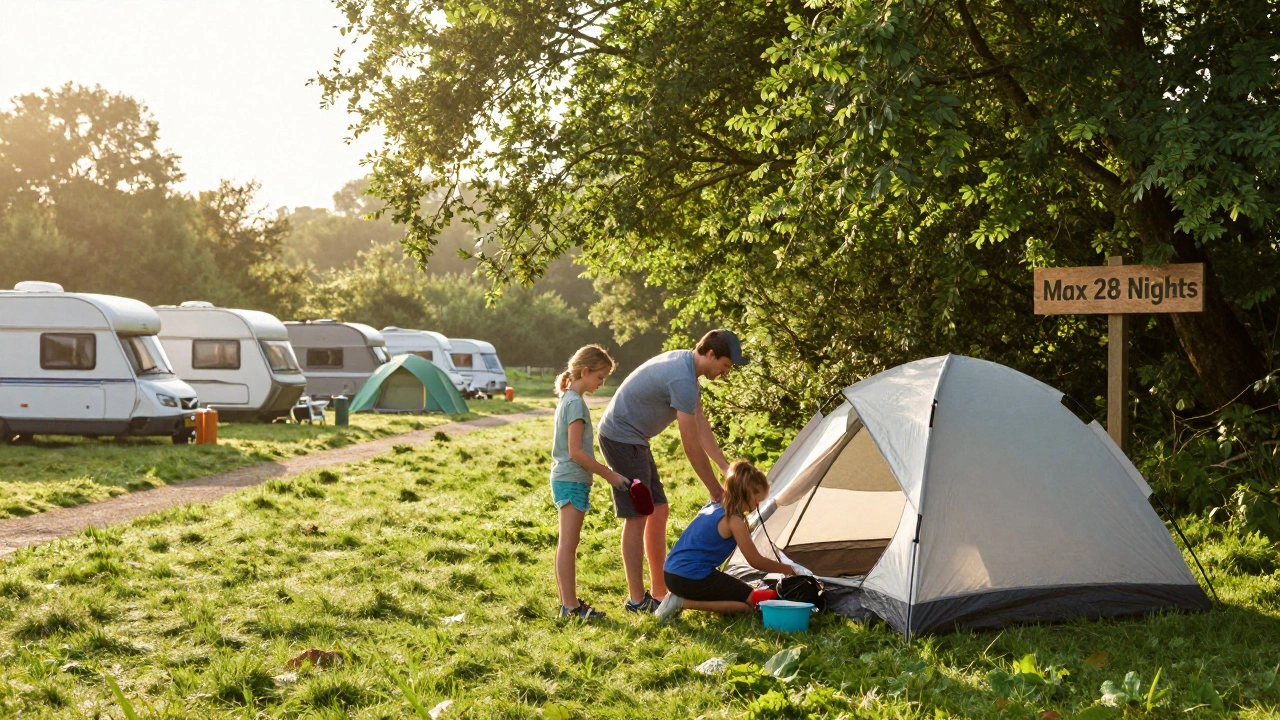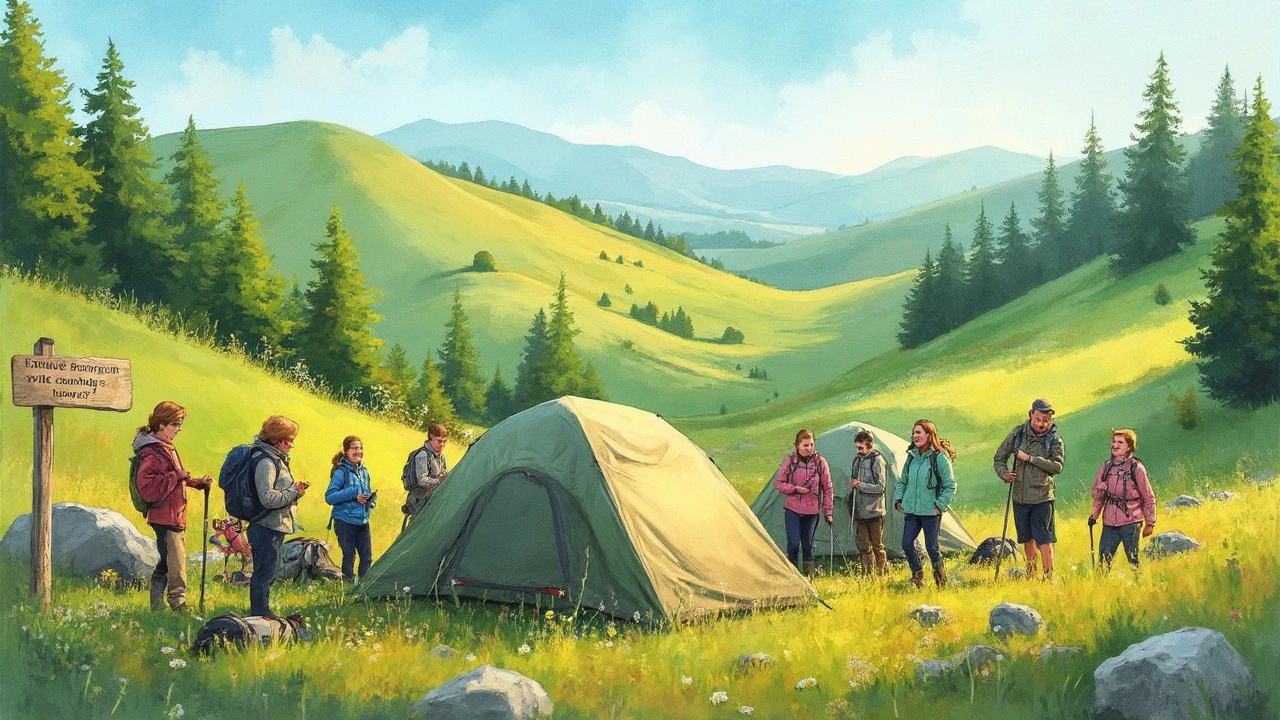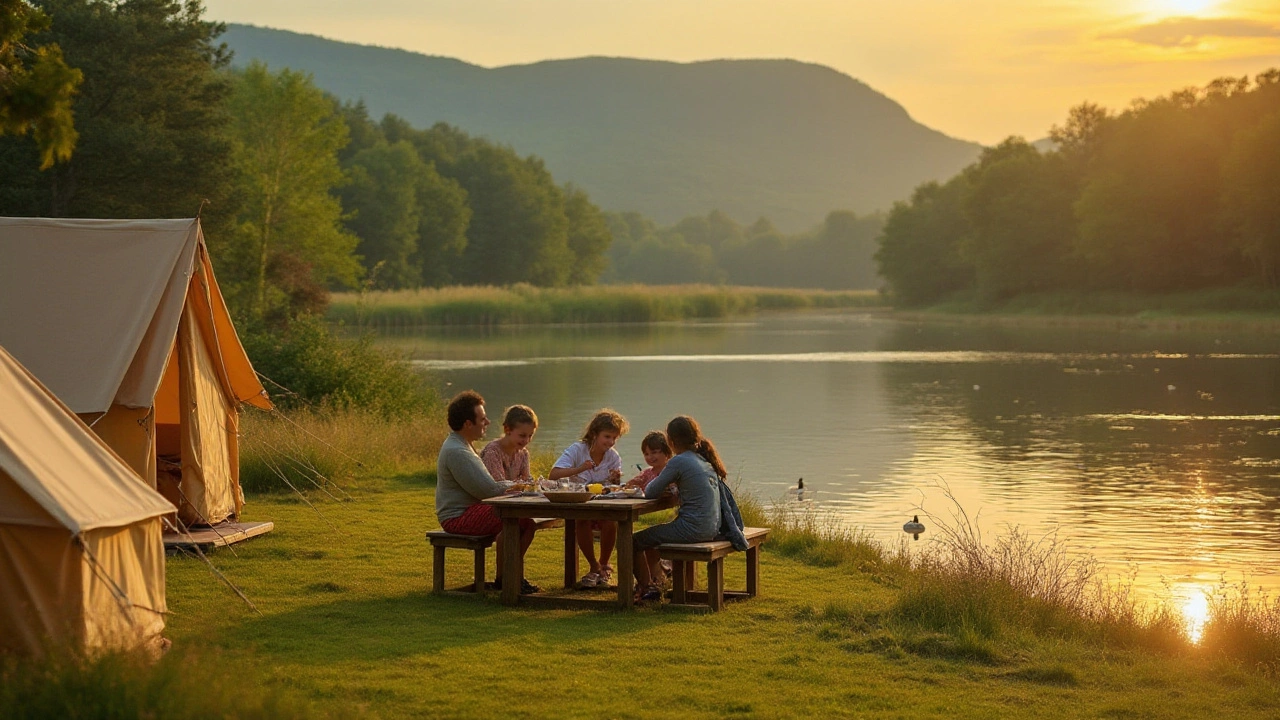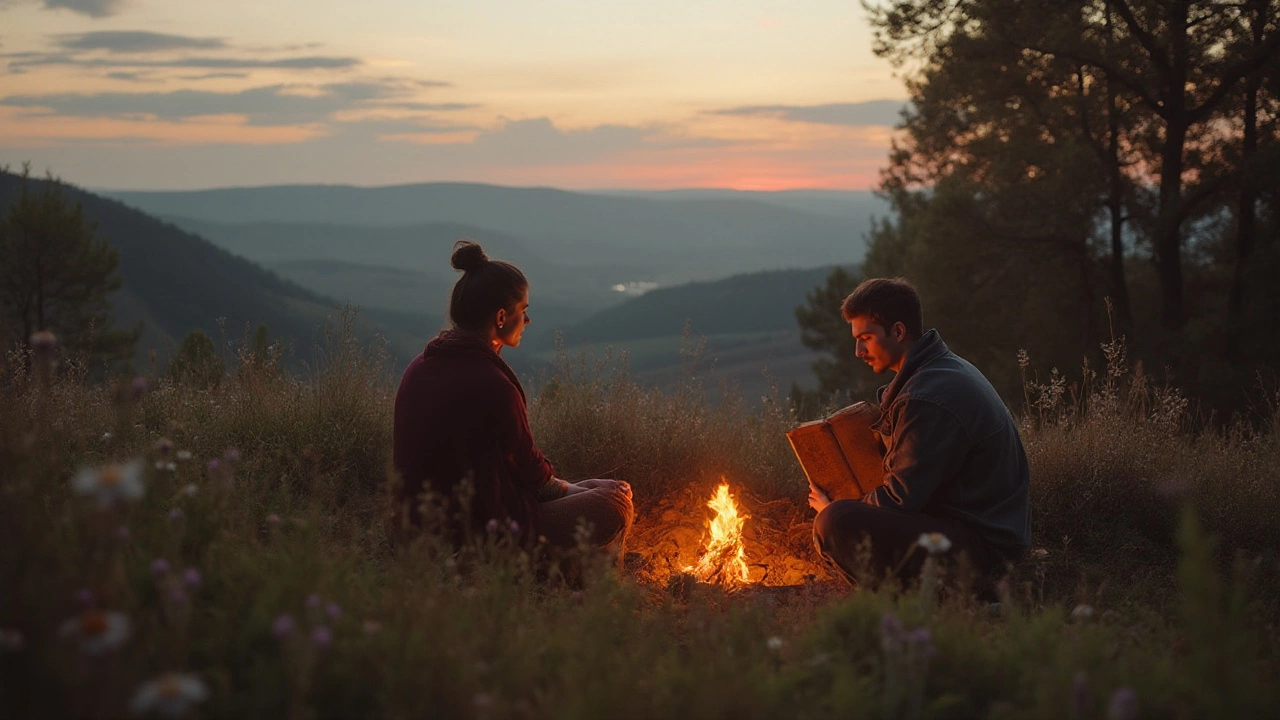UK Campsites: Your Go‑To Guide for Motorhome Adventures
If you’re cruising the UK in a motorhome, the right campsite can make or break a day. You want a place with power, water, waste disposal and maybe a little bit of nature. Below you’ll find quick ways to spot a good site, a few regions worth bookmarking, and practical advice on booking and staying legal.
How to Spot a Good Campsite Fast
First thing – check the basics. Does the site list electricity (usually 230 V), fresh water and a dump point? If any of those are missing, you’ll end up juggling hoses in the dark. Next, look at the layout. Level ground saves you from wobbling your bed and makes the fridge run cooler. Many sites show a simple map; a flat rectangle with clear icons is a good sign.
Don’t forget the extras that matter to families: a play area, a pet‑friendly zone or a nearby toilet block that isn’t a portable chemical loo. If you’re traveling in summer, a laundry facility can be a lifesaver. And always read the recent reviews – a fresh comment about broken plumbing or noisy neighbours will save you a night of disappointment.
Top Regions to Bookmark
England’s coast is a goldmine for bays, cliffs and fresh fish. Look for sites in Cornwall, Devon and the Yorkshire coast; most offer sea‑views and easy beach access. In Scotland, the Highlands and the Isle of Skye have wild‑camping‑friendly policies, but you’ll still find well‑maintained spots near Loch Lomond that give you power and a proper shower.
Mid‑UK isn’t as flashy, but the Lake District, Peak District and the Cotswolds have a dense network of family‑run sites that often include local produce at their shop. Wales shines with the Brecon Beacons and Snowdonia – both regions combine dramatic scenery with sites that know how to handle a motorhome crowd.
When you’re planning a route, use one of the free campsite finders – many UK sites share a common database that lets you filter by power, dog‑friendly or even Wi‑Fi. Load the list onto your phone before you head out; signal can be spotty in remote valleys.
Now that you know what to look for, you can plan stops that match your pace. A good rule of thumb is to book ahead in popular summer months, especially on the coast. For shoulder‑season trips, most sites will let you show up and grab a spot, but a quick call still secures a power hook‑up.
Finally, respect the land. Keep noise down after 10 pm, tidy up your waste and follow any local wildlife guidelines. A clean site means you’ll get a good review, and the next motorhome family will enjoy the same peace you did.
-
 VIEW POST
VIEW POSTHow Long Can You Stay on a Campsite in the UK?
Dec, 25 2025|0 CommentsLearn the real rules on how long you can stay on a UK campsite - from 14-day limits to long-term pitches, wild camping laws, and what happens if you overstay. Know your rights and avoid fines. -
 VIEW POST
VIEW POSTCan You Get Fined for Wild Camping in England?
Mar, 27 2025|0 CommentsWild camping in England sounds like the perfect adventure, but it comes with its set of rules and risks. Understand where it’s allowed and the potential fines you might face if caught in restricted areas. Learn about the best locations for a legal camping experience and tips for sustainable outdoor practices. This guide offers practical advice for those looking to explore the English countryside without breaking the law. -
 VIEW POST
VIEW POSTBoondocking vs. Camping in the UK: Key Differences Explained
Jan, 24 2025|0 CommentsBoondocking and camping may seem similar at first glance, but they offer distinct experiences for outdoor enthusiasts in the UK. While traditional camping involves staying at designated sites with facilities, boondocking invites a more rugged adventure, embracing off-grid locations with a focus on self-reliance. Understanding their differences can help adventurers choose the right experience in the stunning British landscapes. This article dives into the nuances of each activity, the benefits they offer, and tips to make the most of these experiences. -
 VIEW POST
VIEW POSTUnderstanding Rule 38 in the Forty Rules of Love for UK Camping Enthusiasts
Jan, 11 2025|0 CommentsRule 38 of the 'Forty Rules of Love' offers a unique perspective that can be applied to many aspects of life, including the serene experience of camping. Relating ancient wisdom to modern camping practices allows for a deeper appreciation of nature and self-reflection. Learn how this rule can enhance your camping adventure in the UK, providing more than just a retreat but a journey into self-discovery. This article explores applying spiritual principles to elevate your outdoor experience.